

— Products —
 Consumer hotline +8618073152920
Consumer hotline +8618073152920 WhatsApp:+8615367865107
Address:Room 102, District D, Houhu Industrial Park, Yuelu District, Changsha City, Hunan Province, China
All products
Soil NPK Sensor: Monitoring the Key Nutrients in soil,Soil NPK sensor is a crucial tool in precision agriculture and environmental research, as it provides valuable information about the nutrients available in soil. Soil NPK sensor is a device used to measure the concentrations of nitrogen (N), phosphorus (P), and potassium (K) in soil. These nutrients are essential for plant growth and development. The sensor helps farmers and researchers understand the soil's ability to sup···
Tel/WhatsApp:+8615367865107
Email:Arvin@niubol.com +Nearly 100 partner company in more than 68 countries. We are committed to providing high-quality, practical products to meet your needs and help you solve problems.Product Details
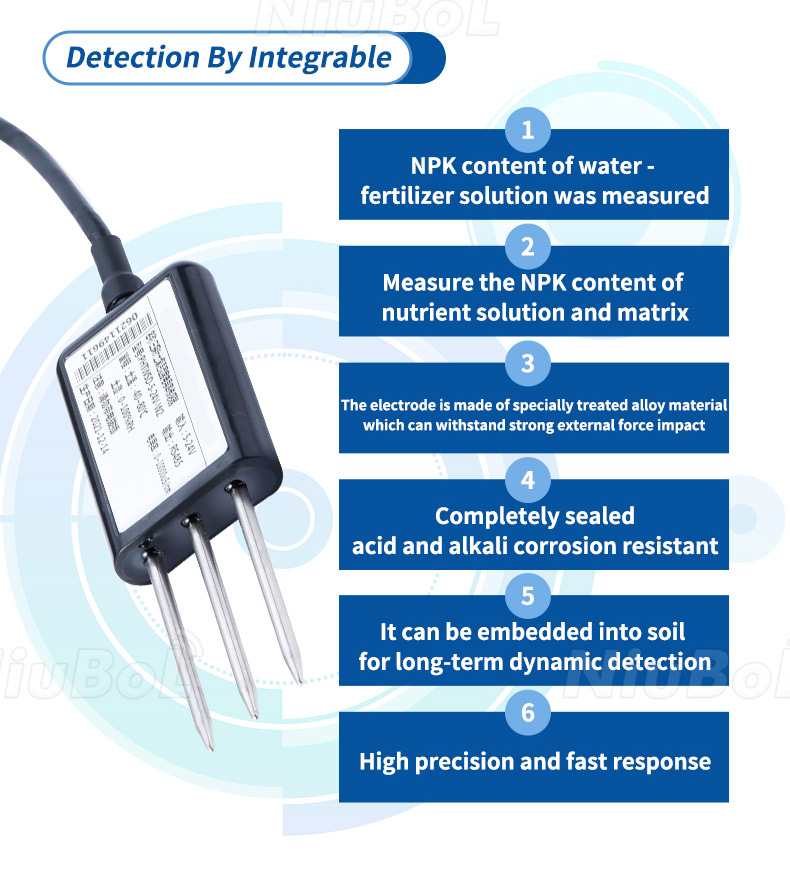
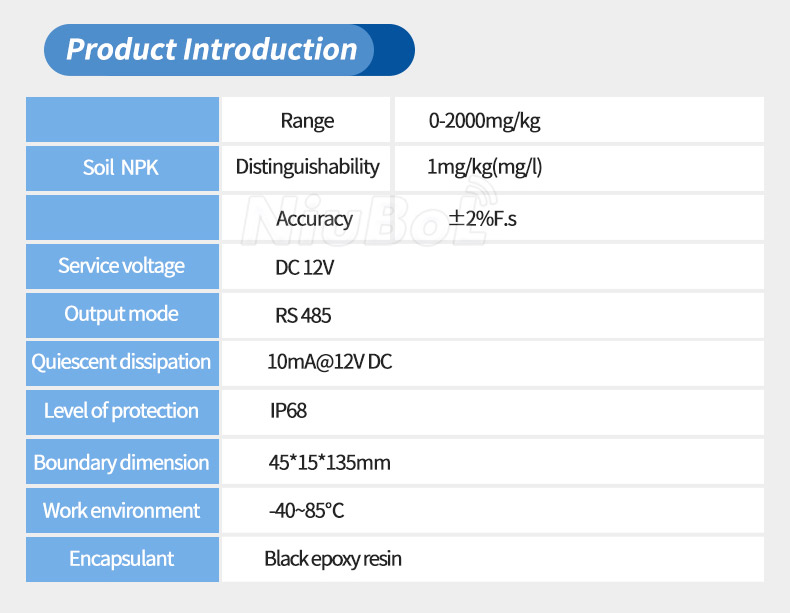
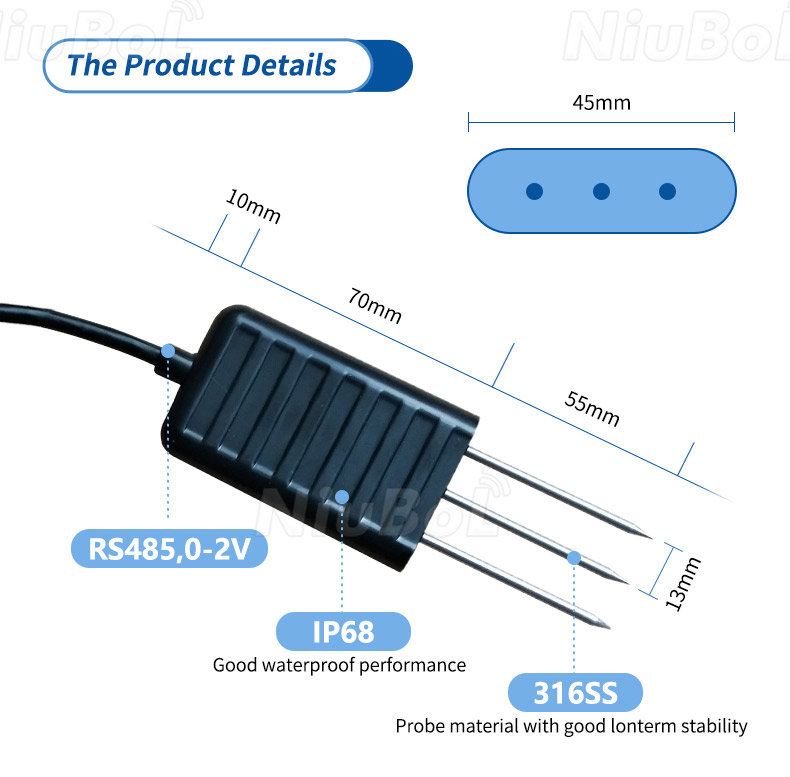
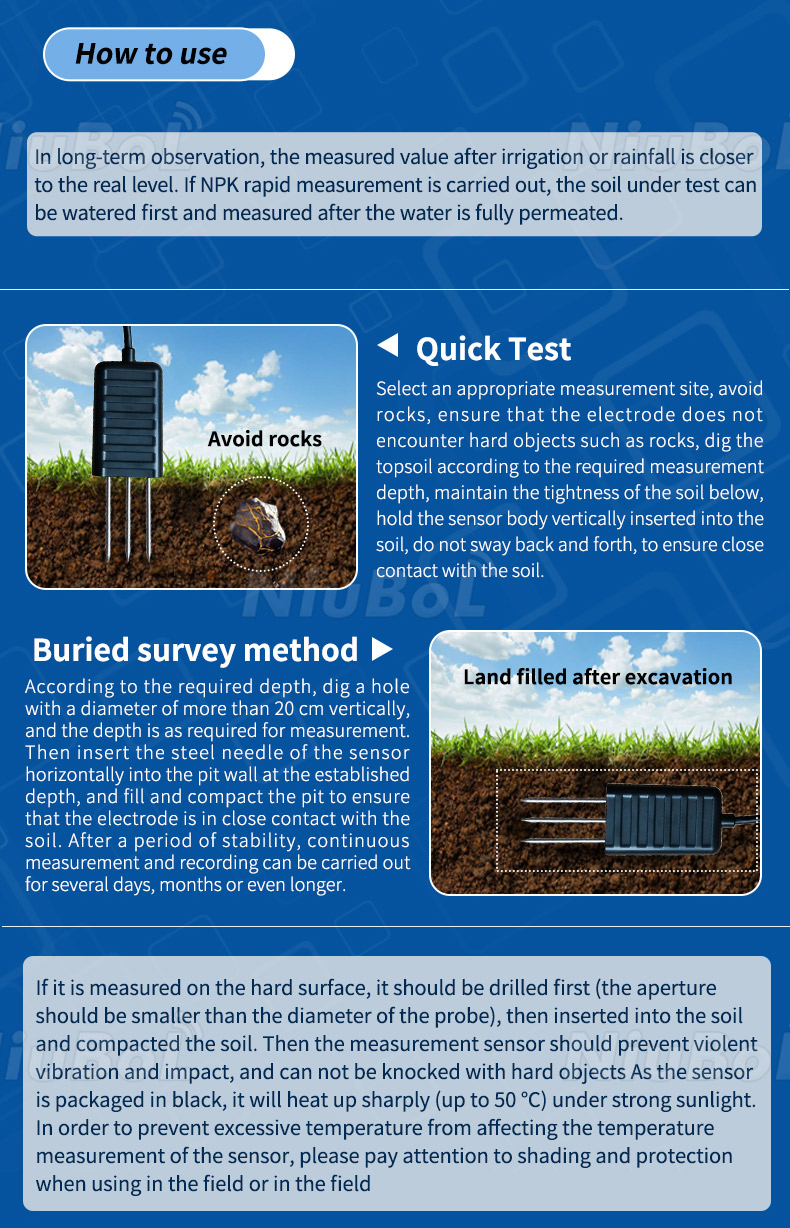
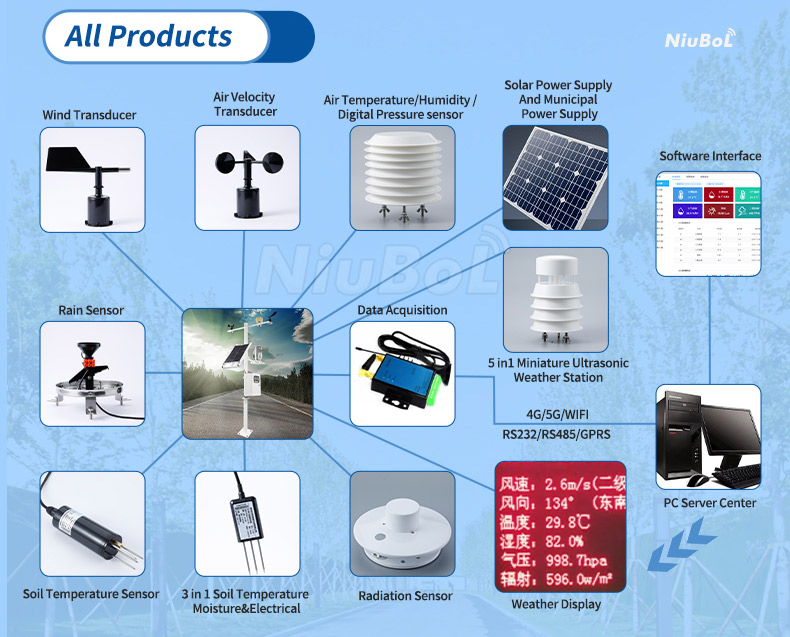
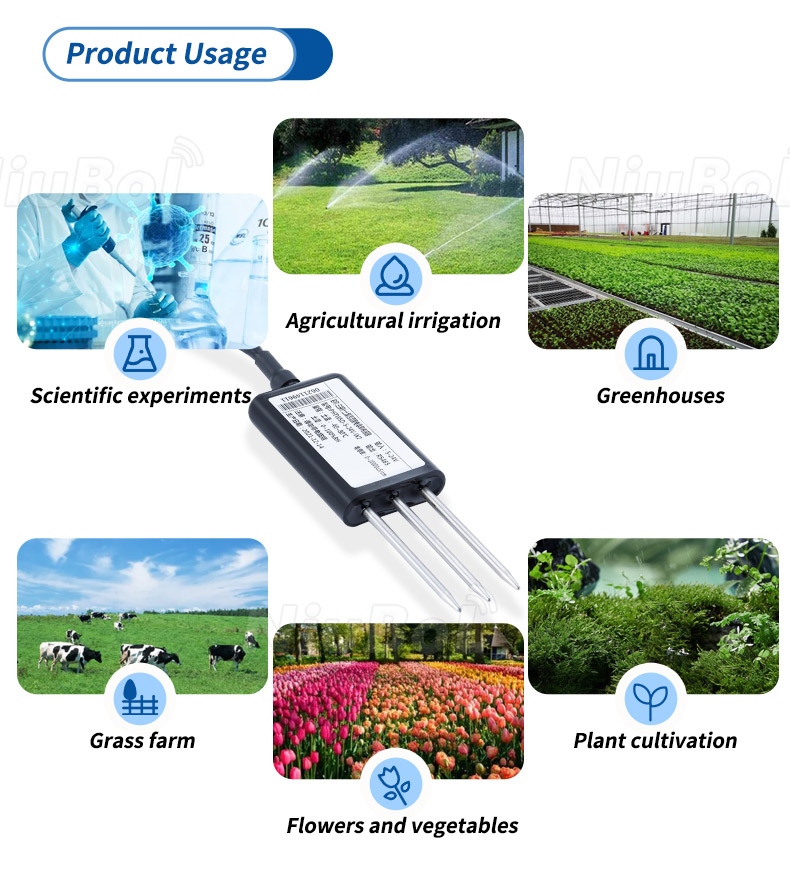
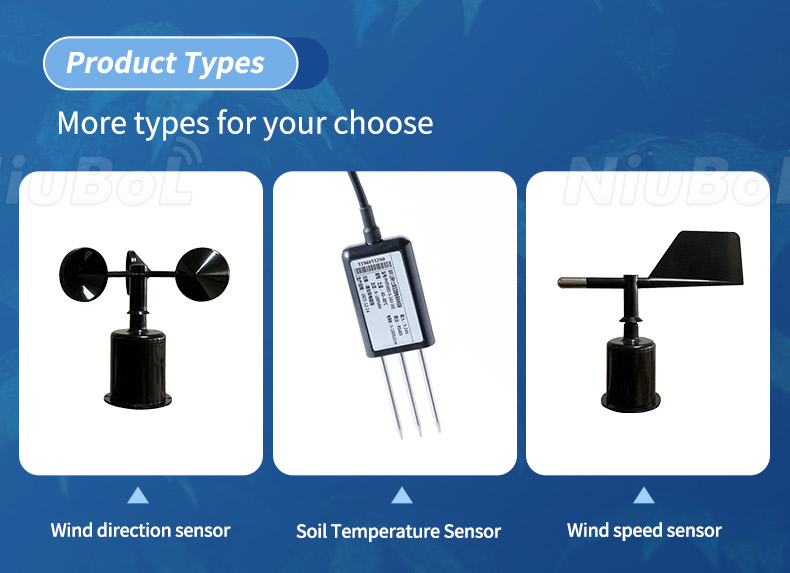
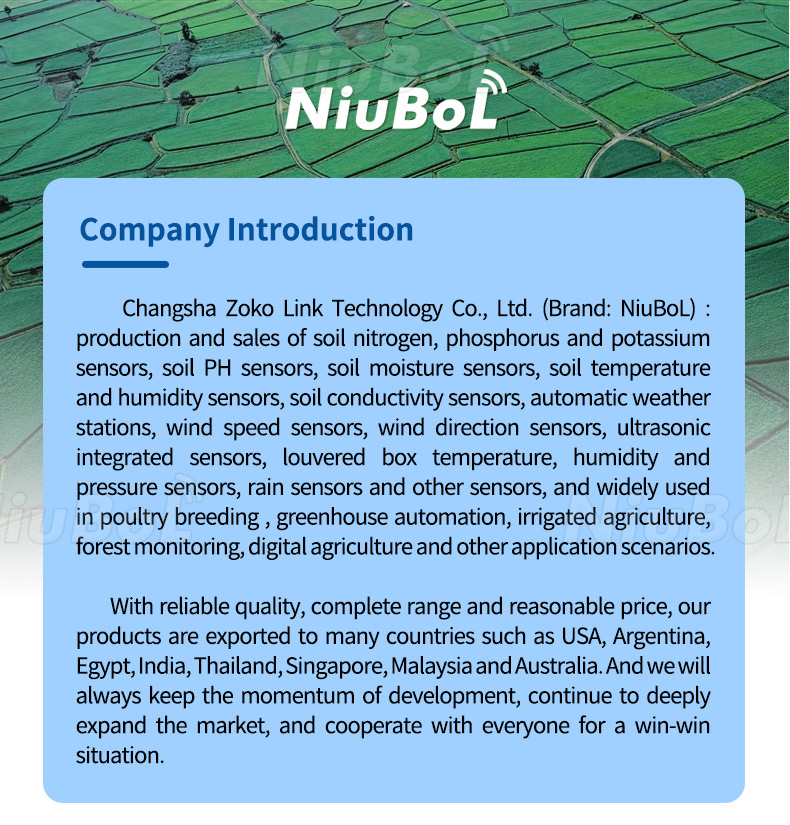

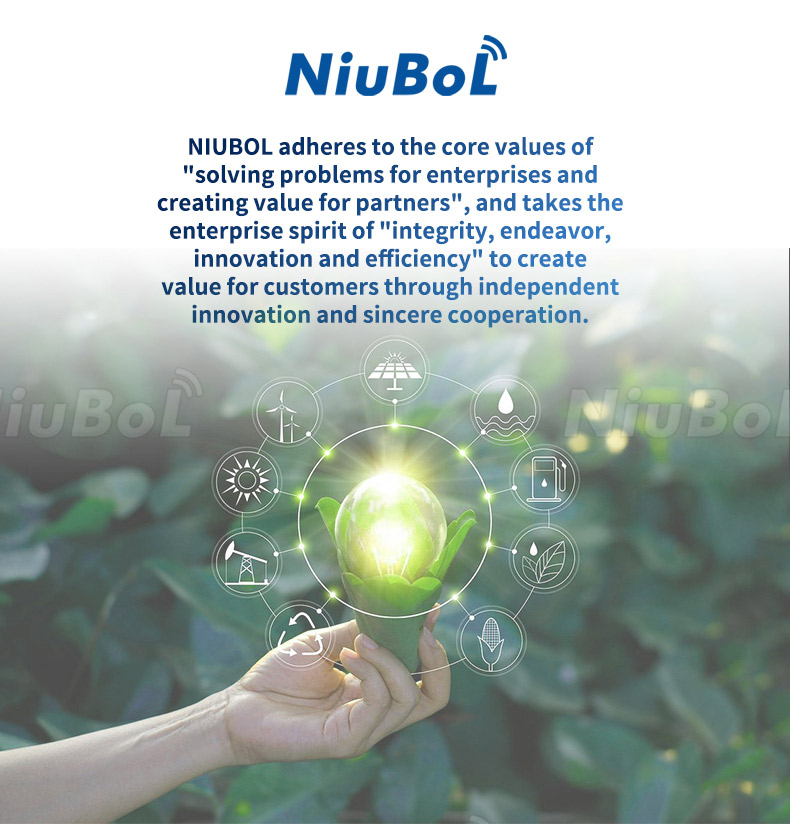
Soil NPK Sensor: Monitoring the Key Nutrients in soil
Soil NPK sensor is a crucial tool in precision agriculture and environmental research, as it provides valuable information about the nutrients available in soil.
What is Soil NPK Sensor?
Soil NPK sensor is a device used to measure the concentrations of nitrogen (N), phosphorus (P), and potassium (K) in soil. These nutrients are essential for plant growth and development. The sensor helps farmers and researchers understand the soil's ability to support plant life and absorb nutrients.
Soil NPK Sensor Working Principle:
The working principle of a soil NPK sensor involves several processes: sensor construction, data acquisition, and data analysis.
Sensor Construction: NPK sensors are typically constructed with a combination of sensing electrodes and reference electrodes. The sensing electrodes are coated with selective films that are sensitive to specific nutrients, such as nitrogen (N), phosphorus (P), and potassium (K).
Data Acquisition: When the sensor is placed in soil, the sensing electrodes interact with the soil nutrients, generating electrical signals proportional to the concentrations of N, P, and K. These signals are then transmitted to a data acquisition system for further processing.
Data Analysis: The acquired signals are converted into readable data, such as nutrient concentrations and recommendations for fertilization. The data can be analyzed using specialized software or displayed on a user-friendly interface.
Soil NPK Sensor Application:
Soil NPK sensors have numerous applications across various fields:
Agriculture: Soil NPK sensors help farmers assess the availability of essential nutrients in soil and determine the fertilization needs of different crops. It enables them to monitor soil nutrients over time and adjust fertilization rates accordingly, resulting in improved plant growth and increased yields.
Environment Monitoring: Soil NPK sensors are used in environmental studies to assess the quality of soil and its impact on ecosystems. They help identify nutrient imbalances caused by pollution or excessive fertilization and serve as an indicator of soil health.
Water Management: Soil NPK sensors are useful in water management, as they help identify areas where water is efficiently used by plants. This information helps farmers optimize water usage, resulting in improved irrigation efficiency and reduced water waste.
Research: Soil NPK sensors provide valuable data for academic research in soil science, plant nutrition, and agronomy. They assist in understanding the interactions between soil, plants, and nutrients and help develop more sustainable agricultural practices.
Conclusion
Soil NPK sensors are essential tools in precision agriculture, environmental research, and water management. Understanding their working principle and application helps improve our understanding of soil fertility and nutrient cycling processes and optimize agricultural practices for sustainable land management. Future research will focus on developing more sensitive and durable sensors with improved accuracy and reliability, enabling better monitoring and management of soil resources.
Prev:Soil Temperature Sensors: Devices to Monitor Soil Temperature Output 4-20mA/RS485
Next:Soil Moisture Sensor for Agriculture, Horticulture, Smart Irrigation ouput RS485/4-20mA
Sensors & Weather Stations Catalog
Agriculture Sensors and Weather Stations Catalog-NiuBoL.pdf
Weather Stations Catalog-NiuBoL.pdf
Related recommendations
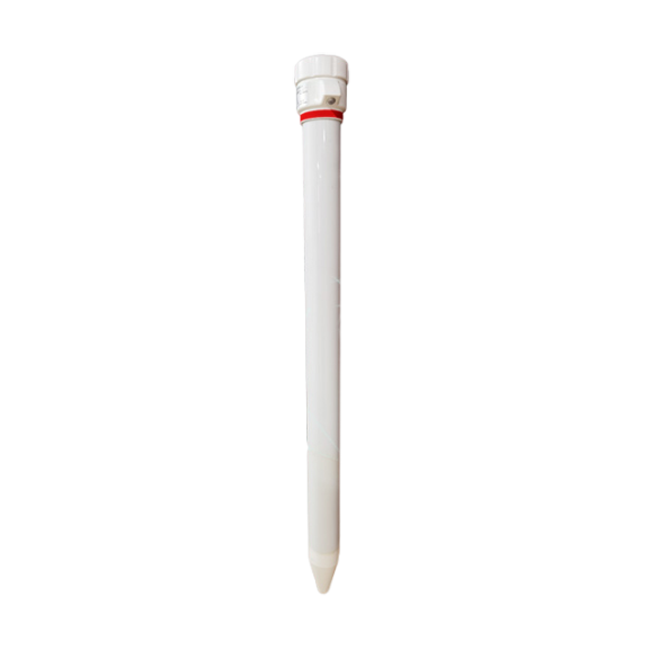 Multi-Depth Soil Sensor RS485
Multi-Depth Soil Sensor RS485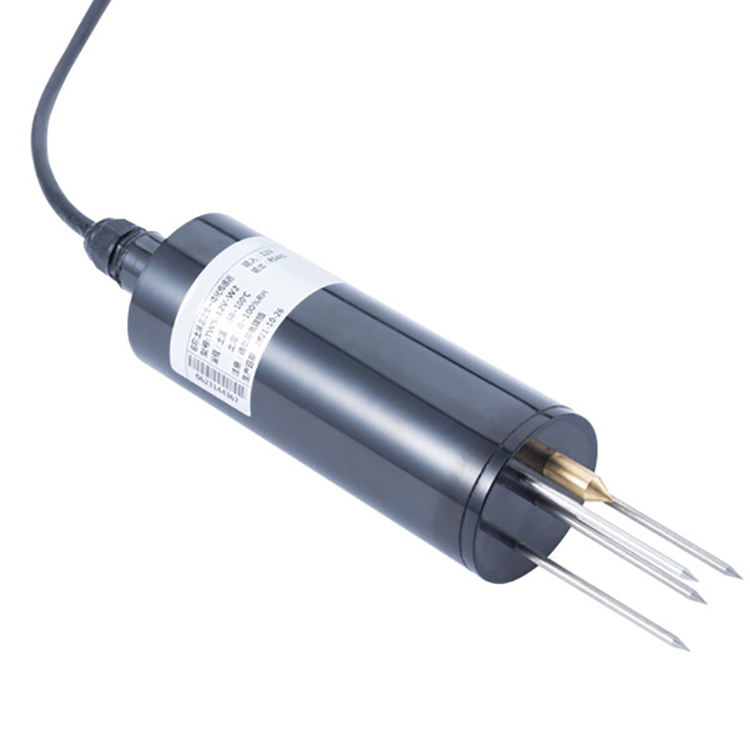 TDR Soil Moisture Sensor
TDR Soil Moisture Sensor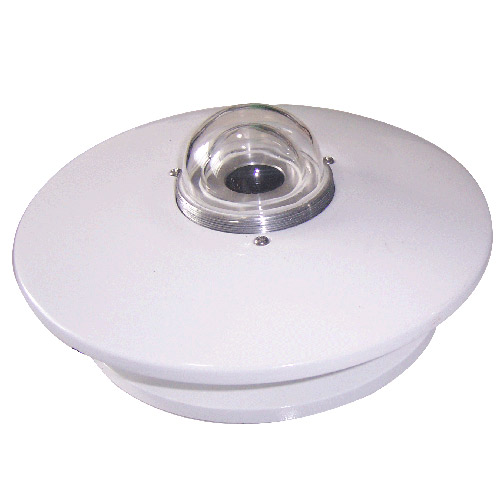 Pyranometer Solar Radiation Sensors
Pyranometer Solar Radiation Sensors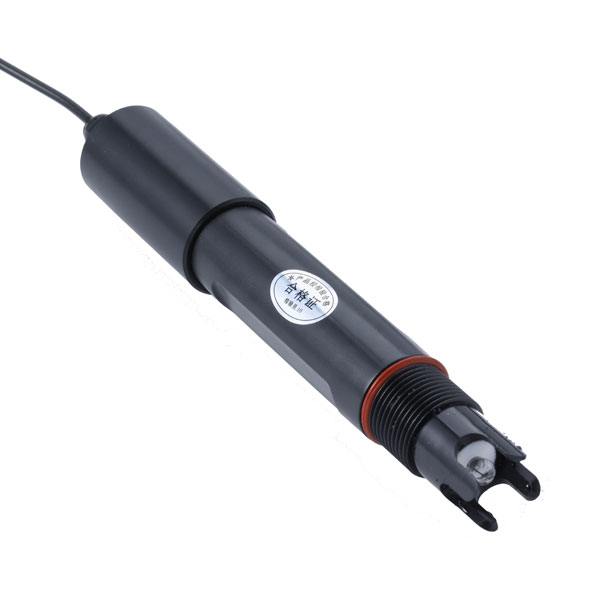 Soil ph sensor
Soil ph sensor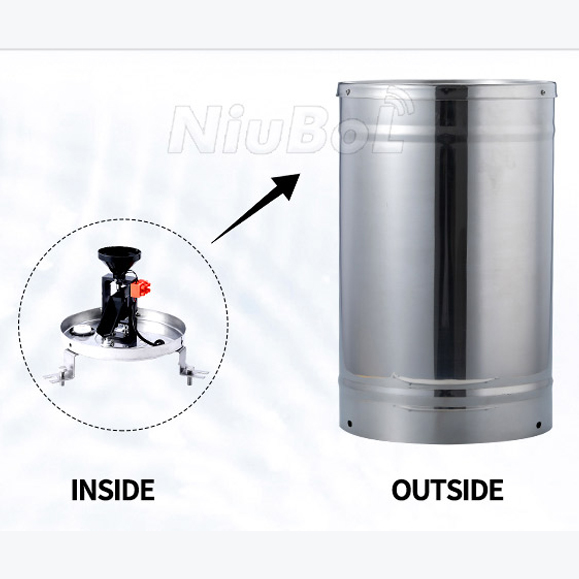 Tipping Bucket Rain Gauge
Tipping Bucket Rain Gauge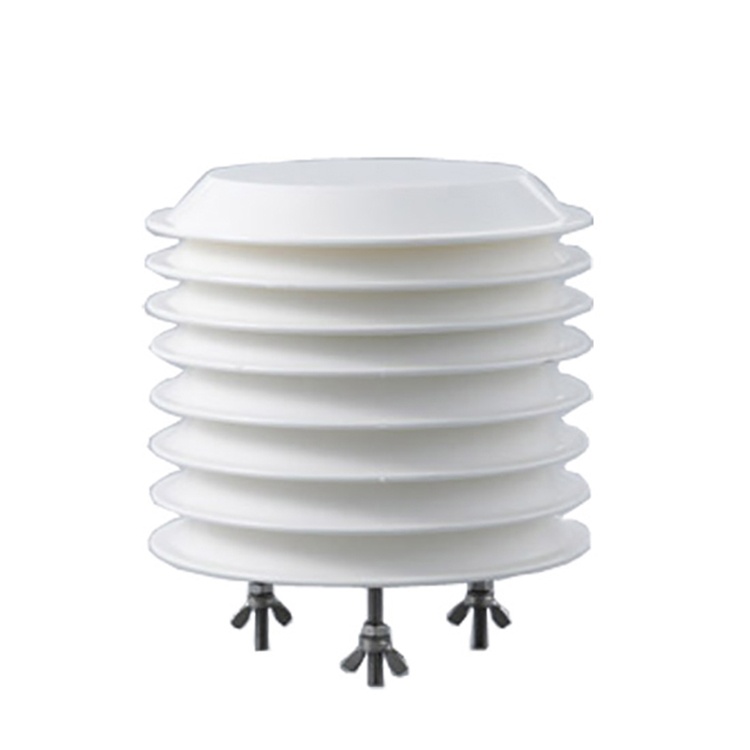 Air Temperature and Humidity Sensor
Air Temperature and Humidity Sensor
Screenshot, WhatsApp to identify the QR code
WhatsApp number:+8615367865107
(Click on WhatsApp to copy and add friends)